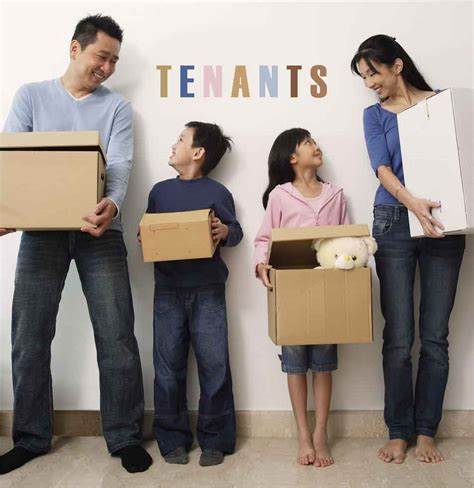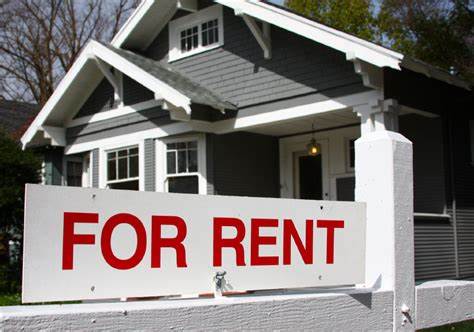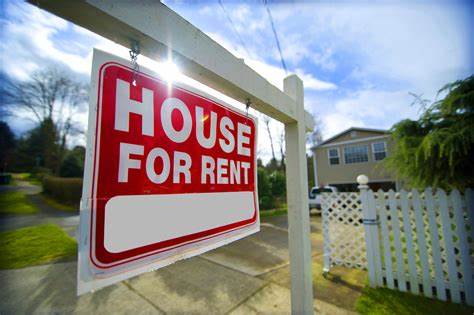1. Deposit
The lessee should always ensure that any funds are deposited into an approved deposit plan, which is protected by one of the three government-approved lease deposit protection schemes. Typical deposits range from 4 to 8 weeks of rent, and if held in an approved program, any proposed deductions that cannot be agreed upon will be resolved free of charge.
2. Internet
Before looking for a property, make sure you talk to other students or check out the University Advice website for first-hand experience of renting in your favorite area. The number of student accommodations and average rents may vary by location, which may affect your budget. Many students offer free housing or legal advice and rental agreement inspection services, so be sure to find out which services can help you.
3. Hire with experts
There are no restrictions on who becomes the landlord. Therefore, some unscrupulous landlords may unfortunately not have the core of the best interests of a tenant. For peace of mind, be sure to seek advice from a rental agency such as Arla. All Arla agents must adhere to strict codes of conduct and provide client funding protection and remediation to protect you in the event of a problem.
4. Don't ignore small words
Know the rental agreement you are signing as this will have an impact on your responsibilities. Many shared leases have several terms of mutual responsibility, which means that you are responsible for the actions of the co-owners, not just the payment of rent. Before signing such an agreement, consider how much you know about the sharer. Even if you all live well, do you know enough about them to agree on how to run a family?
If you do wish to opt out of the lease within a fixed period of time, please ensure that you take independent advice on any ongoing responsibilities you may assume. In addition to checking this, remember the notice period - even if your landlord knows you are a student, you must give you enough notice at the end of the semester (usually one month) when you want to move out.
5. Remember the bill
In budgeting, in addition to weekly or monthly rents, other costs are also considered. Utility bills, TV licenses, and Internet access fees need to be taken into account, even if you share costs with other tenants. In addition, even if the property you have rented has been renovated, it is worth checking which furniture, as well as the main practical products such as vacuum cleaners and washing machines, along with the property to avoid additional expenses after the stay. Check the performance of the energy performance certificate. The lower the level, the more energy is used to keep warm in winter. Remember, if you look at a property in the summer, it may look warm, but in the winter, your bill will be the highest, and engineering contracting can be used as an indicator.
6. Safety and security
The burglary rate in areas where student residences are dominant may be above average, so safety should always be a key consideration when looking for rental housing. Check that the door and window locks are intact. This is especially important for rear doors or first floor windows where visibility is poor. If there is a burglar alarm, make sure the landlord shows all tenants how to use it and the burglar alarm works effectively.
7. Insurance
Often, the student's personal property will be covered by the parent's content insurance, but it is important to check the specific policy wording. If your parent's insurance policy does not include you, there are many insurance companies that provide insurance policies for student-specific content. Also, if the lock and burglar alarms don't work, as mentioned above, your insurance may not work.
8. Inventory
Always ensure that you are provided with a comprehensive inventory of fixtures and accessories in the property, detailing their condition and the condition of the property itself. If not included in the list and status table, it is also recommended to conduct a comprehensive photographic record of the property status at the beginning of the lease. If you disagree with this condition, then argue about it.
9. The tenant is the best friend of the tenant
If you have a chance, ask the current tenants about their time in the property. They will be well placed to have a candid assessment of any pros and cons and a candid insight into any maintenance or repair issues. You are likely to meet them while watching the house, or in fact, you may identify the house by knowing the person leaving.
10. Know your HMO
If you plan to rent a property with another tenant, you must ensure that the landlord has a relevant multi-purpose housing (HMO) permit as this is a legal requirement and may vary in certain regions of the country and in towns or cities.




